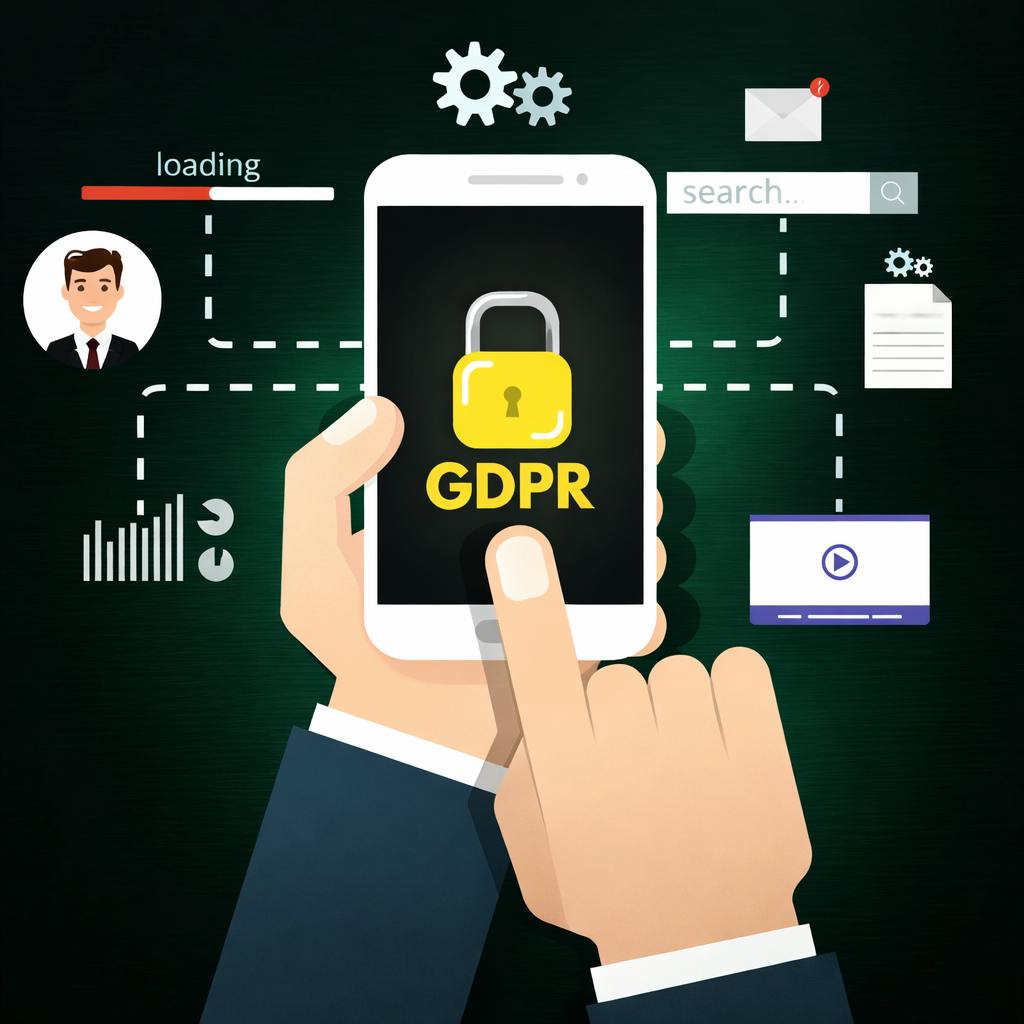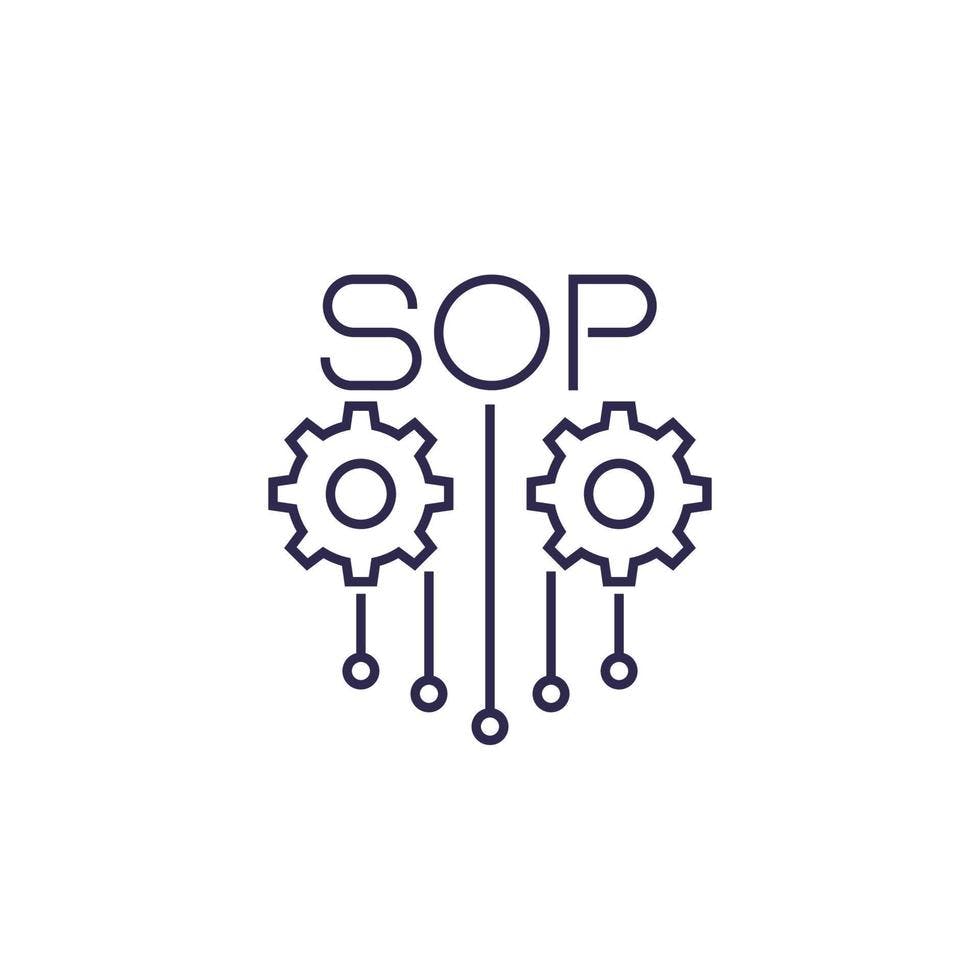US Data Privacy Training Course and Certification: CCPA and All the US Consumer Privacy Laws
In this article, we're going to talk about what the CCPA says about training, look at what other US laws say about it too, and show how our company's courses help businesses meet these rules and teach your employees all about keeping data private and safe.
Businesses that need to comply with any data privacy law or data security law in the United States need to train their personnel on data privacy and data security.
In the United States, keeping personal information safe is a big deal now more than ever. A major law about this is the California Consumer Privacy Act (CCPA). It gives clear instructions to businesses on how to manage personal information and also makes sure they train their employees on how to handle this information properly. While the CCPA is very clear about these rules, it's not the only law that talks about data privacy and security.
But your organization is as strong as your weakest link. If your employees and contractors do not respect the rules, your business could violate the laws and get fined. That's why training them is not just meeting a legal requirement but also preventing trouble with the laws.
In this article, we're going to talk about what the CCPA says about training, look at what other US laws say about it too, and show how our company's courses help businesses meet these rules and teach your employees all about keeping data private and safe.
Navigating US data privacy laws: training requirements for businesses
In the United States, there are three types of laws that regulate the handling of personal information:
- Consumer data privacy laws, such as the CCPA of California, the Virginia CDPA, and others. So far, only twelve out of the 50 US states have passed data privacy legislation, five of which have come into effect.
- Sector-specific data protection laws, such as HIPAA, GLBA, and others. The HIPAA regulates data processing in the healthcare sector and the GLBA in the finance sector. There are laws for education, driving licenses, and other sectors, too.
- Data security and breach notification laws, such as the New York Shield Act, These laws impose obligations for ensuring the security of data and notifying data subjects and authorities of breaches. All 50 US states have such laws. These laws and regulations focus more on cybersecurity than privacy.
One of the common things among these laws is that they require covered businesses to implement technical and organizational measures for data security and privacy. And one of the most common measures for ensuring data security is training personnel. If they knew how to protect personal information, compliance with the laws would be easier.
You have to train your people. You can do it by providing them with on-site training, online courses, or other methods. There is no workaround.
Essential CCPA training for compliance
The CCPA requires that individuals who deal with consumer requests or manage a business's CCPA compliance are knowledgeable about consumers' rights, the obligations of businesses, and the ways to implement these. In short, they should be knowledgeable of the CCPA. That's where the training requirement comes from.
Furthermore, each business is required to create, document, and comply with a training policy.
Clearly, for a business that must comply with the CCPA, it's smarter to provide training to its staff rather than expecting them to learn and educate themselves about their CCPA-related duties within the company. These employees are seldom privacy professionals and often need additional privacy and data protection knowledge to handle privacy issues within the organization.
Training for other US privacy laws and regulations beyond the CCPA
In addition to California, eleven other states in the United States, bringing the total to twelve, have passed their own consumer data privacy laws. These laws share a common feature: they all contain general data security requirements. These requirements compel businesses to put in place various technical and organizational measures to protect consumer data.
These measures are rarely detailed in the legislation. In cases where measures are outlined, such as in the New York Shield Act, they are usually presented as recommendations rather than strict rules. This approach allows businesses to assess and decide what specific security measures are most appropriate and effective for their particular situation. No two businesses are the same; therefore, no two businesses shall be subject to the same security measures.
Despite the lack of detailed guidance in the legislation, one aspect consistently emerges as crucial for data privacy: employee training. Training employees in data privacy and security practices is increasingly recognized as a vital component of an organization's overall data protection strategy. By educating staff on the importance of data privacy, the nuances of handling personal information, and the potential risks involved, businesses can significantly enhance their data security posture and better comply with the varied requirements of state privacy laws.
Best practices for security and breach notification training
Across the United States, data security laws are aligned with the provisions of data privacy legislation. These laws require general security measures but stop short of specifying the exact actions to be taken. This leaves businesses in a position where they must either make educated guesses or rely on the expertise of their staff.
However, one aspect is consistently acknowledged as beneficial: training employees. Providing training is seen as an effective organizational strategy for preventing data breaches and safeguarding personal data. That's why investing in employee training aligns with meeting these legal requirements, ensuring that your business remains compliant with the broad expectations set by these laws.
US privacy online courses for training personnel with Secure Privacy
We at Secure Privacy care about data protection and privacy. We want to see a world where companies prioritize data privacy and security. We have created a SaaS solution for making websites compliant with over 40 data protection laws globally, and now we want to educate people on privacy as well.
We have created micro-learning courses that your employees can take in a couple of hours, learn the essentials of the laws, and be able to protect the data in your company right afterward. The courses contain only the essentials—what an employee needs to know to handle personal information properly without violating the laws.
Upon completing the course, your people will take a multiple-choice test. If they pass, they will earn a certificate of completion to prove their knowledge, and you'll be able to prove compliance with the privacy and security requirements of US laws.
You'll find the following modules in this course:
- Introduction to the US Privacy Landscape. In this module, you'll learn about all the relevant data privacy laws and regulations in force in the United States.
- What laws apply to your business? Not all laws apply to you, and here you'll learn which ones you need to care about.
- The Basics of Data Privacy in the US. Here we'll get into defining what is personal information, covered businesses, service providers, principles of the law, etc.
- How to Process Personal Information Lawfully. Here is the nitty-gritty of the processing constraints.
- Choosing Your Service Providers. They can make you non-compliant, and you need to learn how to avoid that by choosing wisely.
- Data processing with AI. Aside from the huge benefits, AI abounds with privacy risks.
- Becoming a Safe Service Provider to EU Partners. The US and EU laws differ, and if you provide services to an EU company, you have to learn how to position yourself.
- Consumer Rights and Requests. You'll learn how to handle them to avoid violations and loss of reputation.
- Data Security. This module will teach you how to safeguard consumer personal information.
- Data breach notifications. And here, you'll learn how to handle a data breach. It may happen to anyone.
- Risk Assessments. Processing sensitive information requires conducting risk assessments in most states. In this module, you'll learn what you need to do about it.
- Data privacy documentation Everything about privacy policies, notices, and other documentation you need to store in your records.
- Enforcement and penalties. Here we'll get into the enforcement procedures. Some may result in penalties.
- Data Protection for US Businesses Working Globally. Again, privacy legislation in the US differs from that in other countries and regions. If you work with clients from other countries, this is a very useful module.
- What to Expect in the Future. We will update these online courses regularly, but you need to get an idea of where things may be headed.

GDPR Compliance for Mobile Apps (2026): Consent, SDKs, and Practical Implementation
Your mobile app displays a consent banner when users first launch it. Your privacy policy lists the data you collect. Your app store listing includes Apple's Privacy Nutrition Label. And yet, when regulators test your app with network monitoring tools, they discover that analytics SDKs are firing before users interact with the consent interface, advertising identifiers are being transmitted without explicit opt-in, and third-party trackers are active despite users declining consent.
- Legal & News
- Data Protection

AI Governance: The Complete Enterprise Guide to Risk, Compliance, and Accountability
Your organization uses AI to screen job candidates, personalize customer experiences, and automate credit decisions. Six months ago, these were software features. In 2026, they're regulated AI systems subject to the EU AI Act's high-risk classification—requiring technical documentation, logging infrastructure, human oversight mechanisms, and formal risk assessments before deployment. Non-compliance penalties reach €35 million or 7% of global revenue.
- Legal & News
- Data Protection

Data Protection Standard Operating Procedures (SOPs): A Practical Guide
Your privacy policy is published. Your data processing register exists somewhere in a shared drive. Your legal team signed off on vendor contracts last year. And yet, when a data subject access request arrives or a breach occurs at 11pm on a Friday, nobody knows exactly what to do, who owns the process, or what evidence needs to be captured.
- Data Protection
- Privacy Governance

